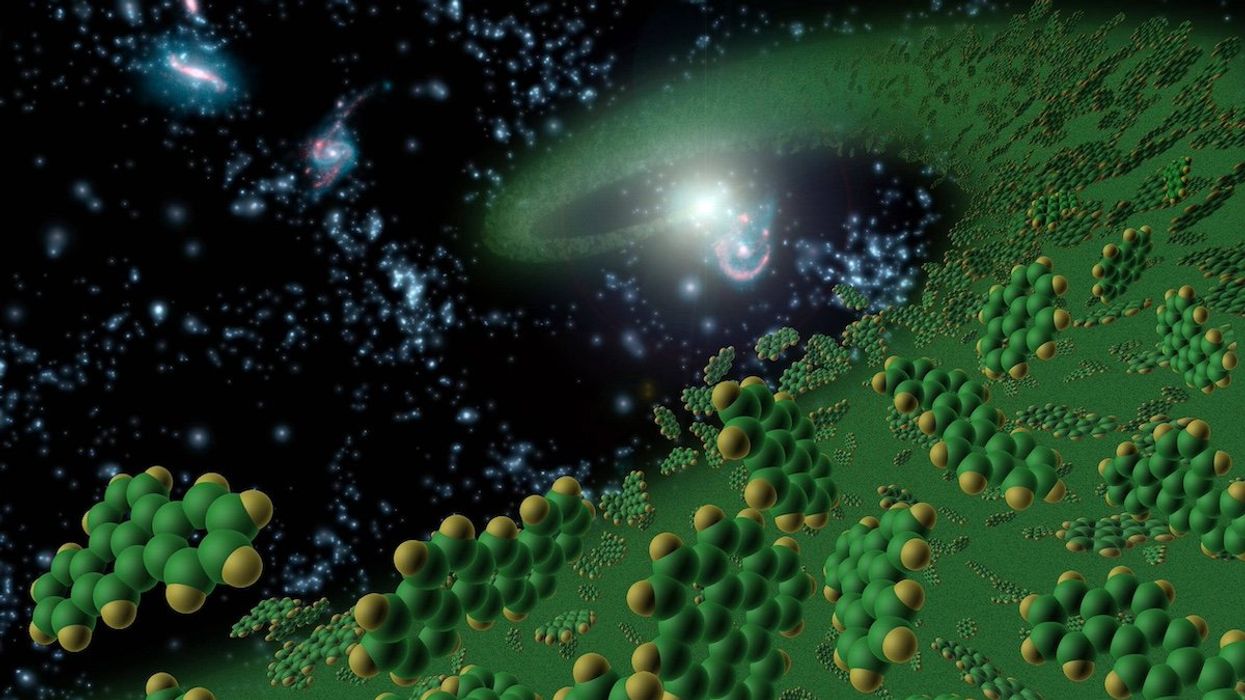GZERO AI
AI is helping scientists model molecules
Google updated one of its most potential artificial intelligence applications, an AI model called AlphaFold — and the latest version can model “all of life’s molecules,” the company said last week.
May 14, 2024

